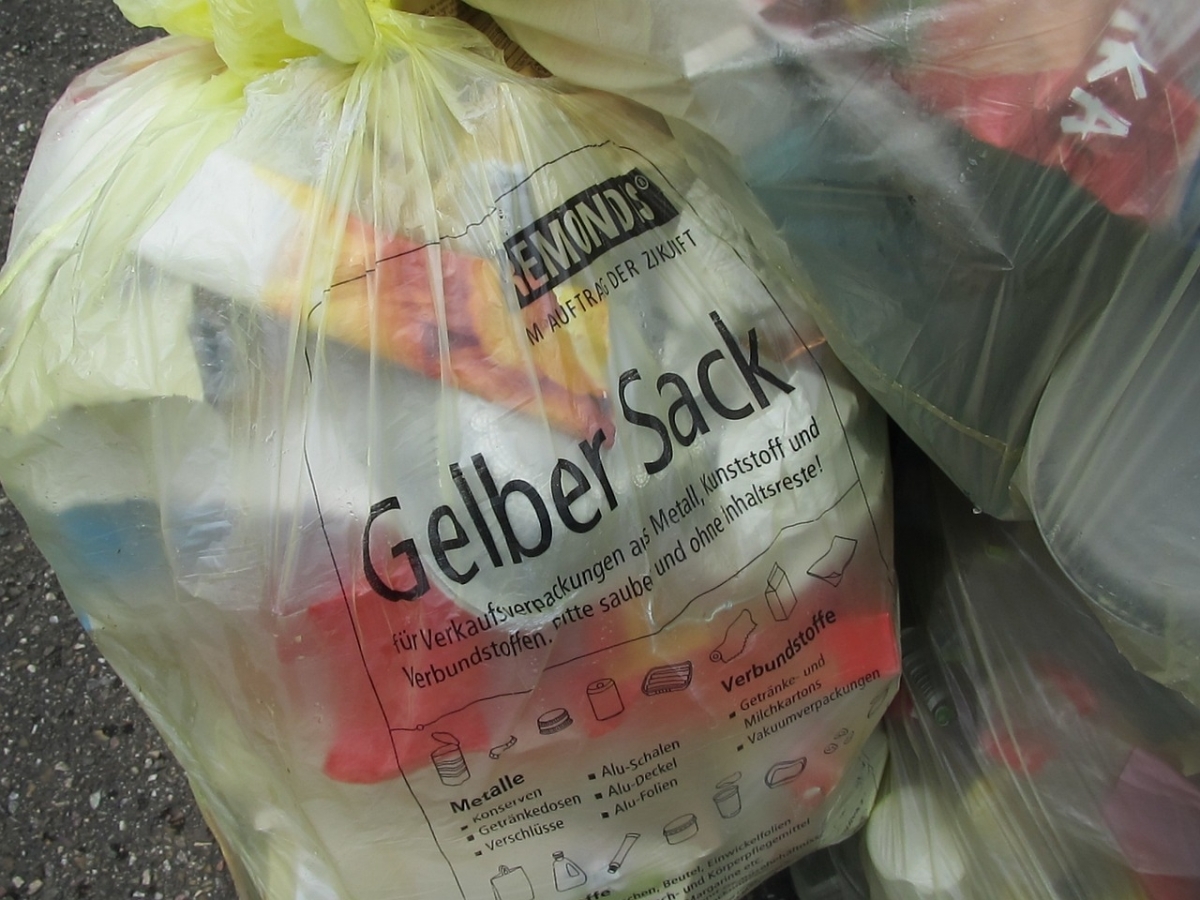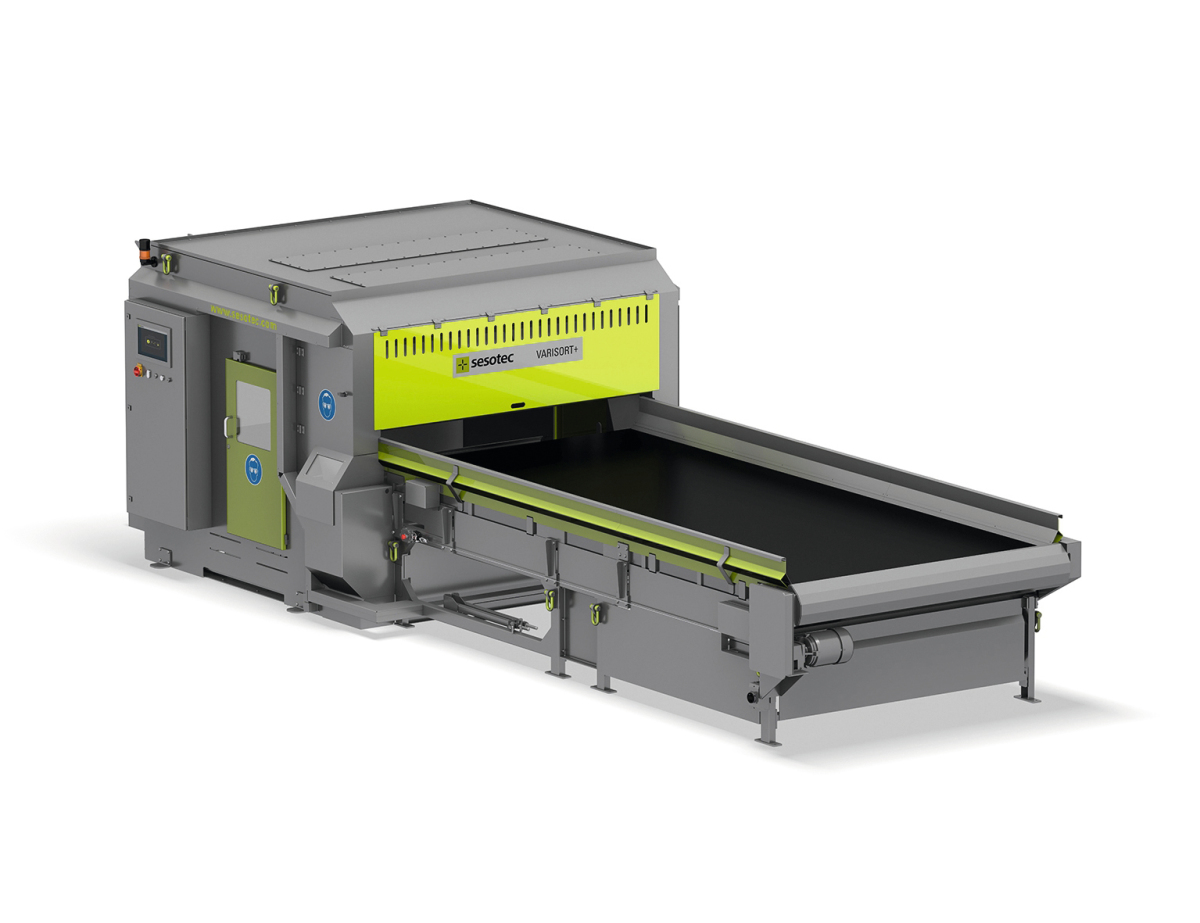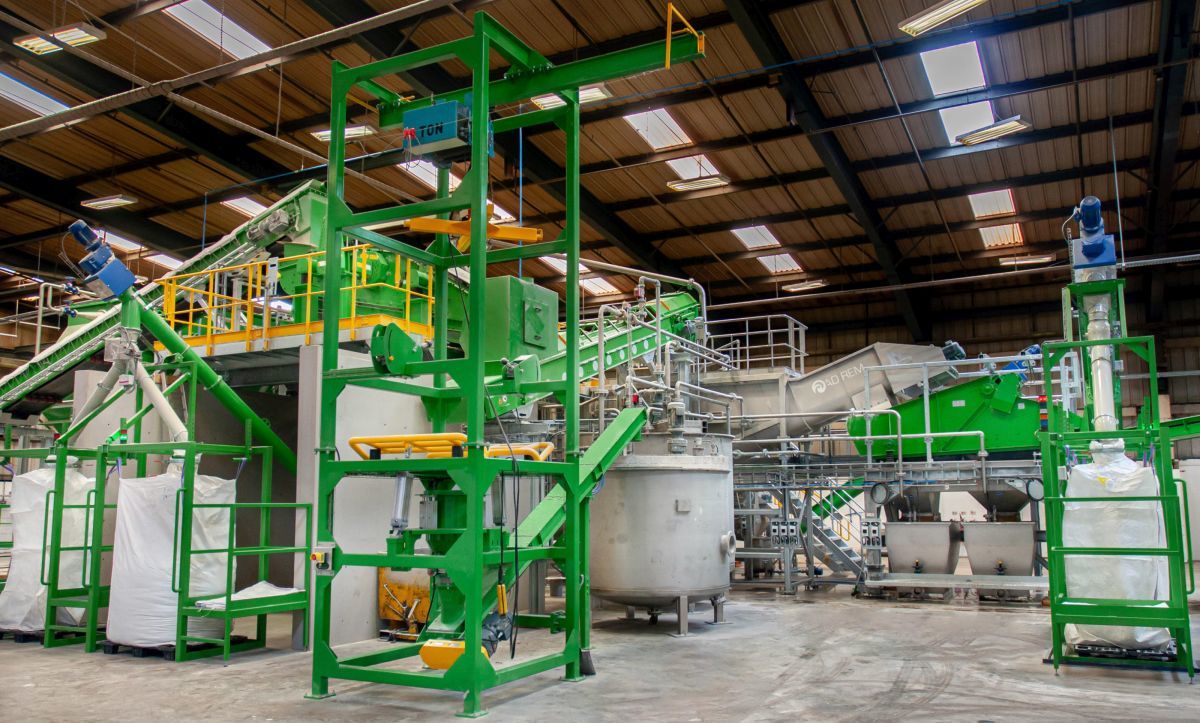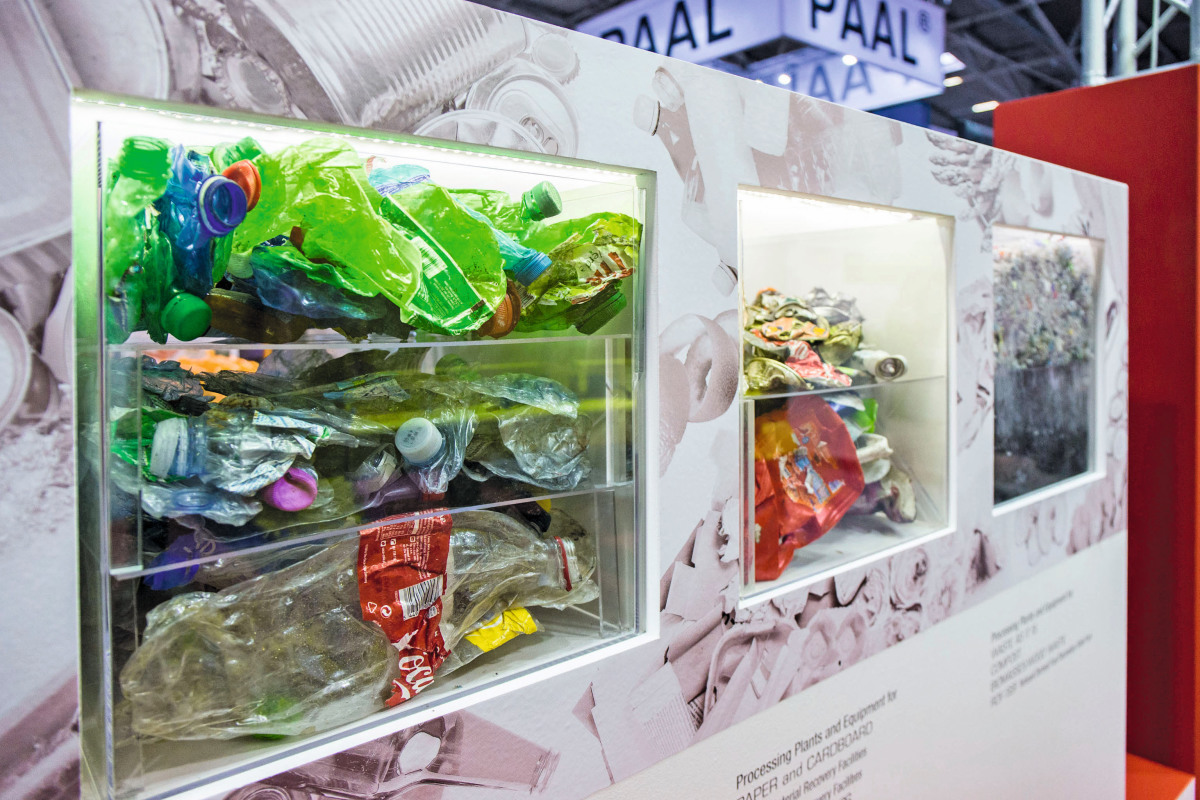Explosive growth: Plastic recycling market to triple by 2035 with 9.3% CAGR
26.06.2024As per a Transparency Market Research study, the plastic recycling market was estimated to have acquired US$ 45.5 billion in 2021. It is anticipated to register a 9.3 % CAGR from 2022 to 2031 and by 2031, the market is likely to gain US$ 129.5 billion.
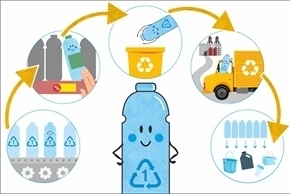 © Transparency Market Research
© Transparency Market Research
PET recycled plastic is widely utilized in the building and packaging industries. It is used in the initial and subsequent packaging of a variety of items. Low-value goods including plastic timber, roadside curbs, wet roof membranes, ducting, walkways, and flooring, and fences are produced from recycled plastics for use in the construction industry. The use of recycled plastic in food contact packaging applications requires FDA and other regulatory agency approval.
Plastic recycling refers to the process of recovering plastic waste during the manufacturing of plastic products or after the use of plastic products by consumers, and then processing for reuse. Plastic recycling process has gained popularity in the past few years, as it has helped decrease carbon emissions and is cost-effective compared to other procedures.
Market drivers
Environmental concerns
Environmental concerns are a primary driver of the plastic recycling market. The widespread use of plastic products has led to severe environmental pollution, particularly in oceans, where plastic waste poses a threat to marine life. Public awareness campaigns and the growing influence of environmental organizations have heightened consumer awareness and demand for sustainable practices, encouraging the recycling of plastic waste.
Regulatory measures
Governments worldwide have implemented stringent regulations to curb plastic pollution, fostering the growth of the plastic recycling market. Policies such as bans on single-use plastics, extended producer responsibility (EPR), and recycling targets have compelled industries to adopt recycling practices. For instance, the European Union's Circular Economy Action Plan aims to make all plastic packaging recyclable by 2030, significantly boosting the recycling market.
Technological advancements
Advancements in recycling technologies have made plastic recycling more efficient and cost-effective. Innovations such as chemical recycling, which breaks down plastics into their chemical components for reuse, and mechanical recycling, which involves reprocessing plastics into new products, have expanded the capabilities of the recycling industry. These technologies have improved the quality of recycled plastics, making them more competitive with virgin materials.
Market segmentation
The plastic recycling market can be segmented based on plastic type, recycling process, application, and geography.
By plastic type
- Polyethylene Terephthalate (PET): Commonly used in beverage bottles and food containers.
- High-Density Polyethylene (HDPE): Used in products like milk jugs and detergent bottles.
- Polypropylene (PP): Found in automotive parts, textiles, and packaging.
- Low-Density Polyethylene (LDPE): Used in plastic bags and film wraps.
- Polyvinyl Chloride (PVC): Utilized in pipes, window frames, and flooring.
- Others: Includes polystyrene (PS), acrylonitrile butadiene styrene (ABS), and more specialized plastics.
By recycling process
- Mechanical Recycling: Involves sorting, cleaning, shredding, and melting plastics to form new products.
- Chemical Recycling: Breaks down plastic waste into its chemical constituents for repurposing into new materials.
- Energy Recovery: Converts plastic waste into energy through incineration or other thermal processes.
By application
- Packaging: The largest segment, driven by high consumption of plastic packaging materials.
- Building & Construction: Utilizes recycled plastics in products like pipes, insulation, and panels.
- Automotive: Uses recycled plastics for manufacturing interior and exterior automotive components.
- Textiles: Recycled plastics are used to produce synthetic fibers for clothing and other textiles.
- Others: Includes consumer goods, electronics, and industrial applications.
By geography
- North America: Significant market share due to robust recycling infrastructure and regulations.
- Europe: Leading the market with stringent environmental regulations and high recycling rates.
- Asia-Pacific: Rapidly growing market with increasing investments in recycling facilities.
- Latin America: Emerging market with potential for growth due to increasing environmental awareness.
- Middle East & Africa: Developing market with a focus on improving recycling capabilities.
Challenges
Despite its growth, the plastic recycling market faces several challenges:
Contamination
Contamination of plastic waste with food residues, non-recyclable materials, and other impurities can hinder the recycling process. Ensuring clean and sorted plastic waste is essential for efficient recycling.
Economic viability
The economic viability of plastic recycling is influenced by the fluctuating prices of virgin plastics, which can sometimes be cheaper than recycled materials. Additionally, the high cost of advanced recycling technologies can be a barrier for some recycling facilities.
Collection and sorting
Efficient collection and sorting of plastic waste are critical for the success of recycling programs. However, inadequate infrastructure and public participation in waste segregation can limit the availability of clean recyclable materials.
Future prospects
The future of the plastic recycling market looks promising, with several trends expected to shape its growth:
Increased investment
Governments and private entities are expected to increase investments in recycling infrastructure and technologies, improving the efficiency and capacity of recycling operations.
Circular economy initiatives
The shift towards a circular economy, where waste is minimized, and materials are continuously reused, will drive demand for recycled plastics. Companies are increasingly adopting sustainable practices and integrating recycled materials into their products.
Technological Innovations
Ongoing research and development in recycling technologies will enhance the quality and cost-effectiveness of recycled plastics. Innovations such as advanced sorting technologies, improved chemical recycling processes, and biodegradable plastics will further support market growth.
These insights are based on a report on Plastic Recycling by Transparency Market Research.
https://www.transparencymarketresearch.com

